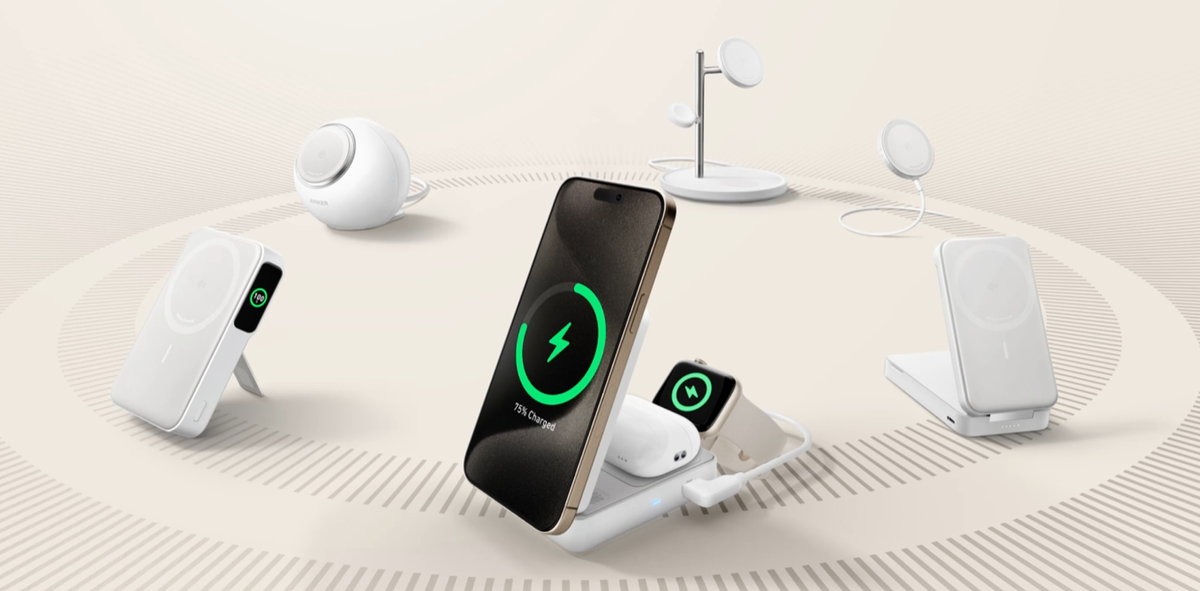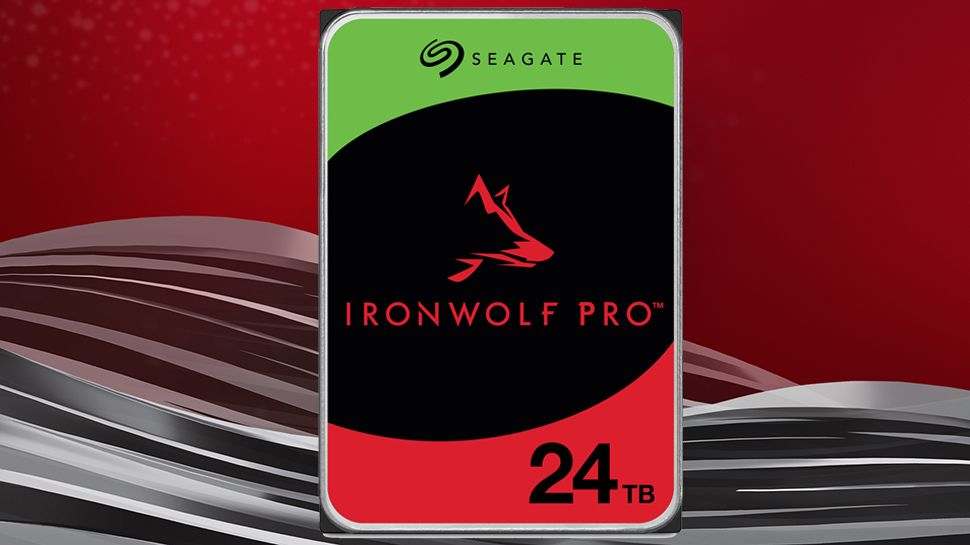HubSpot, one of the best CRM software providers, has enhanced its customer relationship management system with a suite of AI tools called Breeze. The company incorporated Breeze across the HubSpot platform and showcased how the new features, currently in beta, could boost productivity and efficiency during its Inbound conference and Fall 2024 Spotlight event.
According to HubSpot research, 90% of executives are incorporating AI into their systems, so Breeze and its tools have plenty of opportunity to drive change. Breeze is specifically designed to extend the capabilities of marketing, sales, and customer service teams with AI, despite apprehension from some in those spaces who view AI as more of a disruption than an enhancement. To bridge that enthusiasm gap, HubSpot is pitching Breeze as the fast, easy AI solution that doesn’t require reworking existing work but instead integrates with customer data to deliver actionable answers.
Breeze includes several AI features that are meant to improve CRMs and the teams that employ them. The Breeze Copilot chatbot uses AI alongside a company’s data and HubSpot’s intelligent CRM to help with everything from summarizing and analyzing customer service interactions to researching rival companies and even designing content for ads and marketing campaigns.
The addition of over 80 AI features to the HubSpot platform demonstrates the company’s commitment to deeply integrating AI into its services. This move reflects the growing demand for integrated AI solutions that not only make tasks easier but also help businesses achieve faster and more impactful results.
Breezy Agents
Breeze Agents are AI experts designed to help users automate workflows. There are 4 variants available that can automate strategy implementation and content distribution. Content, Social Media, Prospecting, and Customer Support Agents are supposed to take care of the more tedious aspects of a project or complement teams so they can focus on the bigger picture.
For example, the content agent will write copy for websites, blogs, case studies, and even podcasts that matches a brand’s voice. At the same time, the social media agent does the same for social media posts by analyzing a company’s current performance and its goals to engage with the desired audience. With these AI agents, marketers can maintain a strong brand presence without being bogged down by the manual work of writing and scheduling posts. The ability to generate content that is in line with a company’s brand voice is critical, particularly as businesses look to build more personalized relationships with their customers.
For sales teams, the prospecting agent handles research and personalizes outreach to potential customers. This agent can even schedule their messages to best reach someone when they are most receptive. Meanwhile, existing customers can reach out to a company at any time and be met by the AI customer support agent, who will offer assistance using the company’s knowledge base and website to quickly answer most standard questions, passing the customer on to a human agent only when necessary.
Assuming these tools perform at the level HubSpot claims, these and similar features developed by its rivals will likely be widely adopted and standardized across CRMs.









